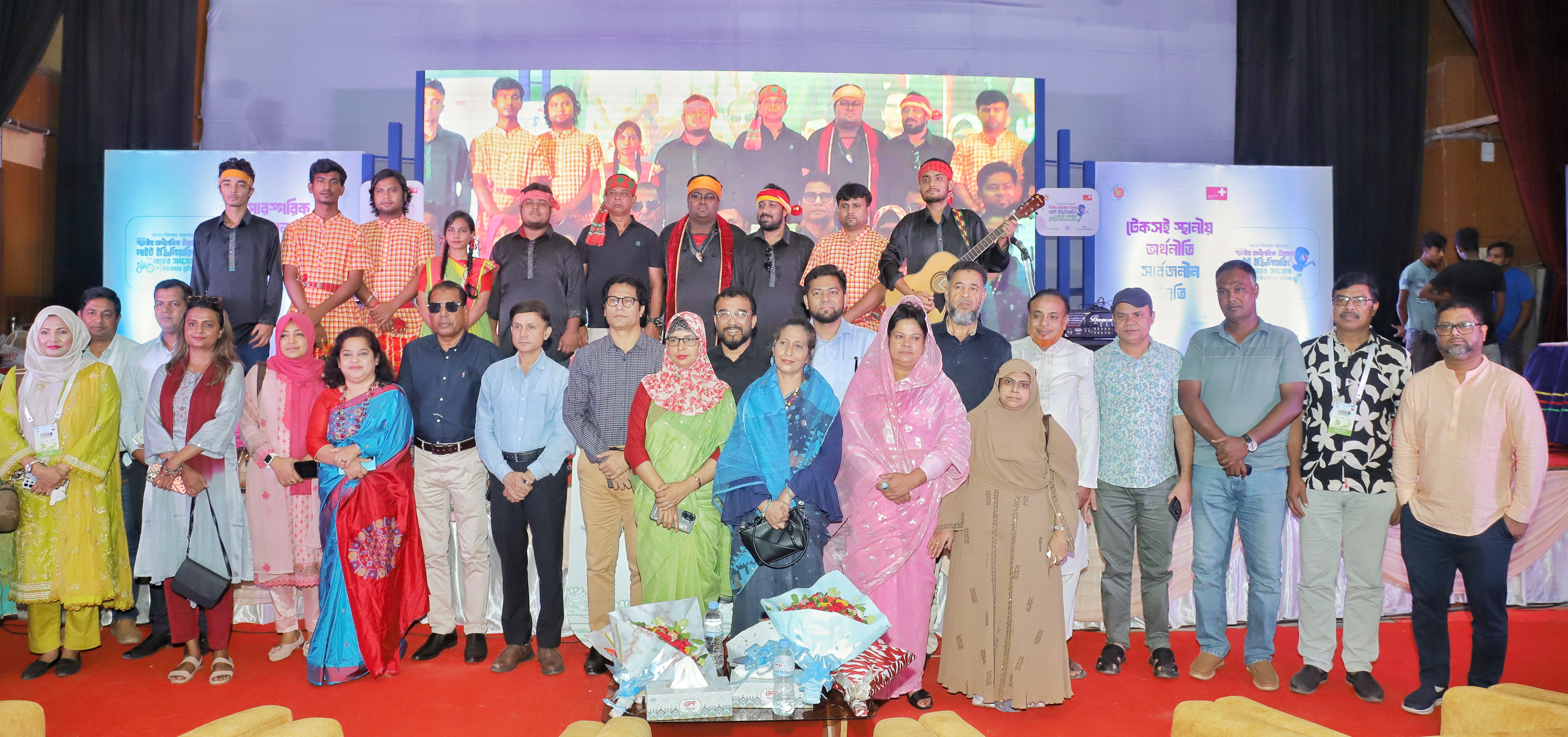
While much of the early research on computer games focused on the negative impacts of playing digital games, particularly on the impact of playing violent entertainment games on aggression, and addiction gradually, scientific studies have also recognized the potential positive impact of video games on people's health. COURTESY
Over the last 40 years, video games have increasingly had a transformational impact on how people play and enjoy themselves, as well as on many more aspects of their lives. Contrary to popular belief, which sees male children or teenagers as main targets of the gaming industry, the average player is instead 30 years old, and the entire gaming population is roughly equally divided into male and female players, therefore representing a daily activity for a consistent percentage of the adult population. Thanks to the wide availability on the market, the affordable cost and the massive popularity, video games already represent crucial tools as a source of entertainment, and are soon expected to become critical also in another fields, including the mental health panorama.
While much of the early research on computer games focused on the negative impacts of playing digital games, particularly on the impact of playing violent entertainment games on aggression, and addiction gradually, scientific studies have also recognized the potential positive impact of video games on people's health.
In recent decades, the field of computer gaming has increasingly developed toward serious purposes, and both commercial and non-commercial video games (i.e., developed ad hoc by researchers for the training of specific individuals' skills) have been tested by several studies. As early as in 1987, it was for the first time observed that famous commercial video games (i.e., Donkey Kong e Pac-Man) can have a positive effect on cognitive skills, improving the RTs of older adults. A few years later, in 1989, Space Fortress, the first non-commercial computer game designed by cognitive psychologists as a training and research tool was considered so successful that it was added to the training program of the Israeli Air Force. From that moment on, numerous video games have been developed with the specific purpose of changing patterns of behavior, and are often defined in literature as “serious games” as they use gaming features as the primary medium for serious purposes.
Since these pioneering studies, numerous researches have investigated the potentiality of various video games, both commercial and non-commercial, mainly in relation with cognitive skills of seniors. For instance, it has been observed that the use of complex strategy video games can enhance cognitive flexibility, particularly in older adults. Furthermore, playing a commercial computer cognitive training program results in significant improvement in visuospatial working memory, visuospatial learning, and focused attention in healthy older adults.
Besides being useful tools for the training of cognitive processes, various studies have demonstrated that video games offer a variety of positive emotion-triggering situations, which may be of benefit during training of emotional skills, including self-regulation habits. For instance, puzzle video games such as Tetris, characterized by low cognitive loads and generally short time demands, are capable of positive effects on the players' mood, generating positive emotions and relaxation. Furthermore, by continuously providing new challenges, either it is switching from one level to another (e.g., Portal 2) or between different avatars (e.g., World of Warcraft), video games demand players to “unlearn” their previous strategies and flexibly adapt to new systems without experiencing frustration and anxiety.
Although several excellent reviews and meta-analyses have investigated the effect of video games training as tools for enhancing individuals well-being, in particular regarding cognitive and emotive enhancement most of them specifically focused on the effects of digital games on brain plasticity or cognitive decline in children and seniors. Consonant findings regarding the positive relationship between video game training and benefits on various cognitive skills have been demonstrated by both behavioral studies and meta-analytic studies regarding both the aforementioned populations. On the contrary, only one meta-analysis focused on the adult population and it is restricted to examining the effects of training with a particular genre of games (action video games) on cognitive skills on healthy adults.
Despite this scarcity of focus on the adult population, the latter represents an extremely interesting and unique group, with very peculiar characteristics from a neurological and psychological point of view if compared to children and elders. As stated by Finch, the adult age, including both young adults (18–35 years old) and middle age adults (35–55 years old), plays an important role in the life-span development, and therefore very well deserves to be studied thoroughly. On the one hand, the effects of the so-called inverted U curve of neuroplasticity and cognitive performance starts to be evident during the adult age, especially the middle-age. On the other, it is well known that the level of psychological stress perceived by adults is rather high, and it can result in important mental and health disorders.
Moreover, as the literature states, baseline individual differences regarding age can determine variations in training effectiveness and if it is safe to say that video games can have beneficial effects when included in training such effects might indeed vary based on age-specific aspects which therefore cannot be overlooked.
Consequently, in the current review, we will describe experimental studies that have been conducted between 2012 and 2017, with the aim to identify research evidences about the impact on cognitive and emotional skills of video games training in the adult population. Specifically, a multi-component analysis of variables related to the study, video games, and outcomes of training was made on the basis on important previous works which provide a useful framework for organizing the research along key variables. Overall, findings give evidences of benefits of video games training on cognitive and emotional skills in relation to the healthy adult population, especially on young adults. Efficacy has been demonstrated not only for non-commercial video games or commercial brain-training programs, but for commercial video games as well.






0 Comments